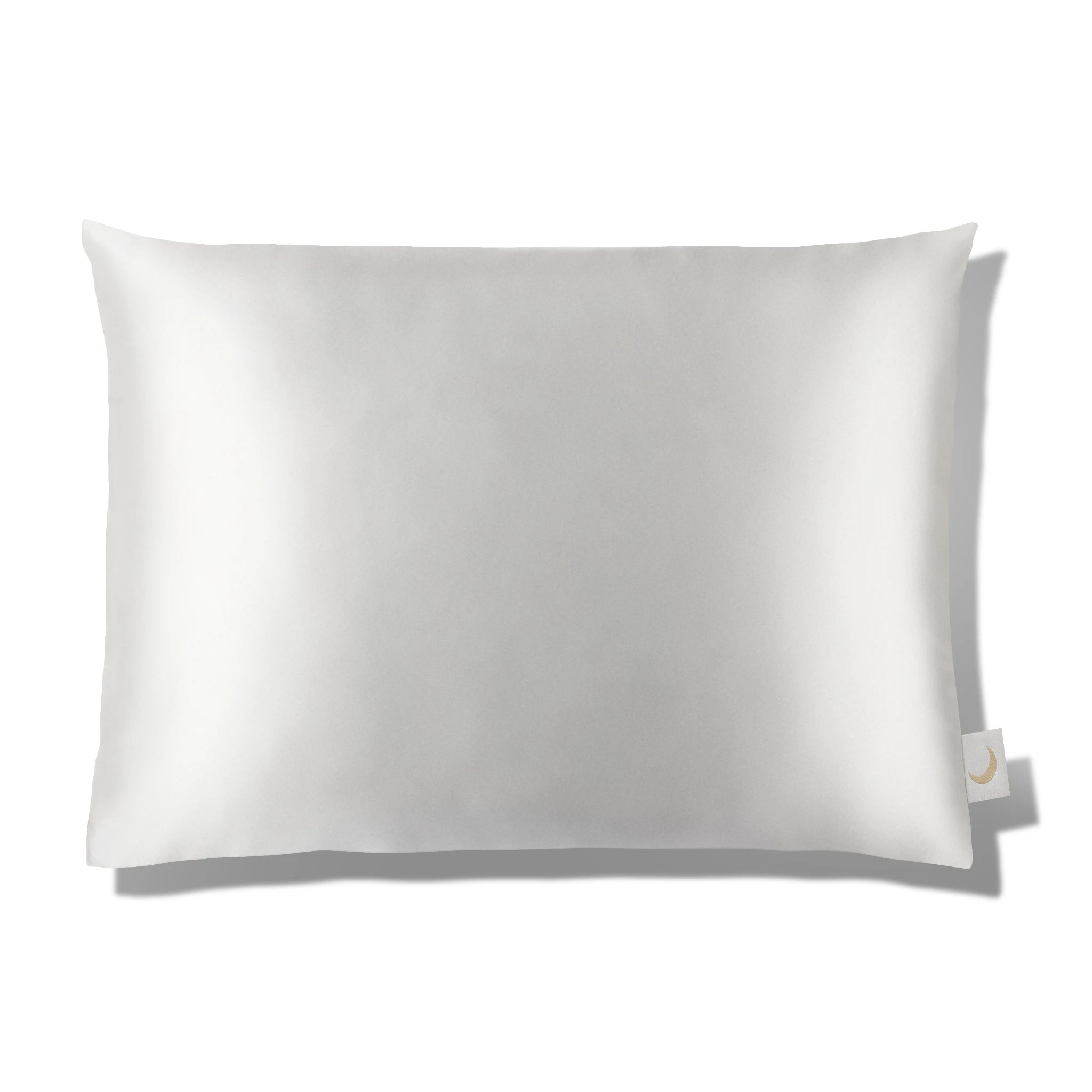A hard day’s night?
Feeling less than bright-eyed and bushy tailed after retiring significantly later than planned last Friday night, I wondered if it just felt like I was less able to do the things I had to do today, or if I actually was.
We all know sleep is essential to our overall health and well-being, and that it plays a crucial role in cognitive function. But can just one night of poor or not enough sleep really make that much of a difference? It turns out it can! Read on to find out the details.
Daydream believer
Recent research has shown that those who get less than seven hours of sleep per night experience a decline in cognitive function, including reduced memory, attention, and decision-making abilities. This is because the brain uses sleep-time to consolidate memories and take out the metabolic and emotional trash that can build up during the day. Lack of sleep disrupts this process, leaving us with the junk - and our cognitive function suffers as a result.
Impaired cognitive function
According to a study published in the journal Sleep, women who slept fewer than seven hours per night performed worse on cognitive tasks with slower reaction times and impaired memory compared to those who slept seven or more hours per night.1 In fact, a meta-analysis of 16 studies found that sleep deprivation can have a similar effect on cognitive function to alcohol intoxication. The study found that participants who were sleep-deprived for 24 hours or more had comparable cognitive impairment to those with a blood alcohol concentration of 0.10%, which is above the legal limit for driving in most countries!
Mood disturbances
Sleep deprivation can lead to mood disturbances, including irritability, anxiety, and depression. This can impact relationships, work performance, and overall quality of life.2
Chronic health conditions
While one night of poor kip won’t have you heading to the hospital, chronic sleep deprivation is associated with an increased risk of developing chronic health conditions such as obesity, diabetes, heart disease, and hypertension. There have even been links between sleep deprivation and an increase in beta-amyloid, a protein that is associated with Alzheimer's disease.
Lowered immune system
Lack of sleep can weaken the immune system since it leads to a reduction in the production of cytokines, which are important for fighting infections. This leaves us more susceptible to infections and illnesses.
Low sex drive
Seems ‘I’m too tired’ is more than just a lame excuse – according to the Journal of Sexual Medicine, sleep deprivation is associated with decreased sexual desire and arousal in both men and women.
Hormonally yours
Lack of sleep can also impact a number of important hormones, including insulin, ghrelin, and cortisol.
Insulin and sleep
Insulin is the hormone responsible for regulating blood sugar levels, and sleep deprivation has been shown to reduce insulin sensitivity. This means the body is less able to respond to insulin, leading to higher blood sugar levels and an increased risk of developing type 2 diabetes. According to a study published in the Annals of Internal Medicine, even one night of sleep deprivation can lead to a 40% reduction in insulin sensitivity.3
Ghrelin and sleep
The ‘hunger hormone’, ghrelin, stimulates appetite, and sleep deprivation has been shown to increase ghrelin levels. This can lead to an increase in hunger and a preference for calorie-dense, high-carbohydrate foods. That explains those afternoon sugar cravings! According to a study published in the Journal of Clinical Endocrinology & Metabolism, participants who slept for only four hours per night had a 28% increase in ghrelin levels compared to those who slept for eight hours per night.
Cortisol and sleep
By now, pretty much everyone has heard of cortisol, the hormone that helps the body respond to stress, and why too much of it is a bad thing. Again, sleep deprivation has been shown to increase cortisol levels. The knock-on effect of this is increased inflammation, which is associated with a range of health problems, including heart disease, diabetes, and depression.
The good news is, there are lots of simple ways to make sure you’re getting optimal sleep – browse our journal entries for the latest biohacks and relaxing rituals … sweet dreams are made of these!


















